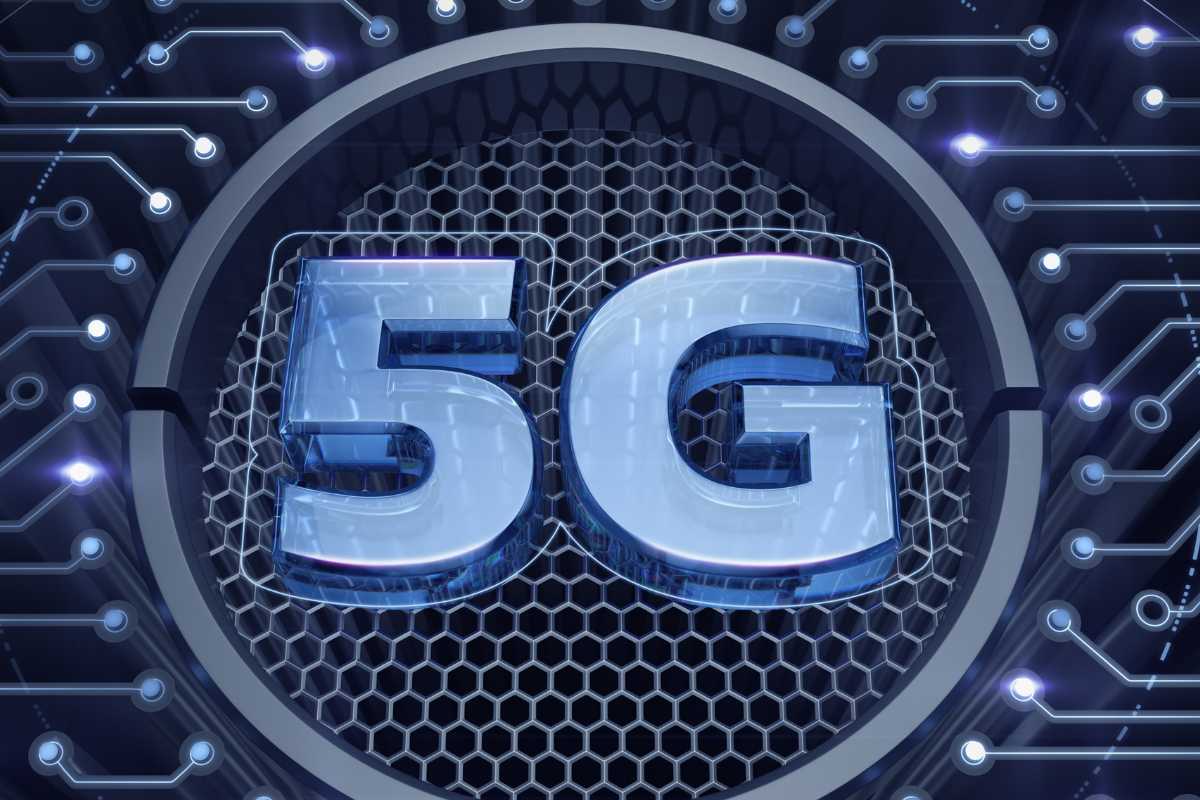The deployment of 5G services has been creating a lot of issues between the airline and telecom industry as the services could generate powerful signals capable of disrupting some of the aeroplane systems. In light of this, flights from Asia, the Middle East, and Europe to the United States remained cancelled or switched planes at the zero-hour on Tuesday and Wednesday causing confusion among the passengers and creating disruptions. But finally, the interruptions caused to the US-bound flight schedules due to the rollout of 5G services now seem to be easing out. However, a top airline company had warned that “irresponsible” regulatory confusion will have its effects seen over the days.
The Disruptions Caused
The telecom companies AT&T and Verizon took a decision late in the day on Tuesday to delay switching on new telecom masts near key airports just hours before the wider US deployment of services which resulted in the cancellation of flights by carriers across the world. The majority of the disruptions were caused to Boeing 777 MAX aeroplanes which are used for long-haul flights. Now even though situations have eased and countries like Japan have announced that they will be restoring their cancelled US-bound flights and stated that the flights were operating normally, the airline major Emirates seems to disagree. Emirates is the largest operator in the world for Boeing 777 and seemed disappointed about the disruptions caused which resulted in the cancellation of its flights to nine US destinations. The president of Emirates, Tim Clark said in a statement that the airline was not aware of the level of safety concerns until Tuesday and called it “one of the most delinquent, utterly irresponsible” events of his career. He further informed that around 32,000 Emirates passengers over the next three days are going to face troubles due to the cancelled flights. The US airlines and FAA have already talked about the safety concerns with the deployment of 5G services and how it could hinder radio altimeter readings needed for bad-weather landings on some jets. Previously, the 3.7 GHz – 3.8 GHz frequency bands were acquired by AT&T and Verizon after bidding tens of billions of dollars in the month of February. The telcos have already postponed the rollout of services in the US a couple of times. FAA had also issued guidelines earlier to limit the use of devices in flights which can be hindered by the 5G wireless technology in select circumstances.
